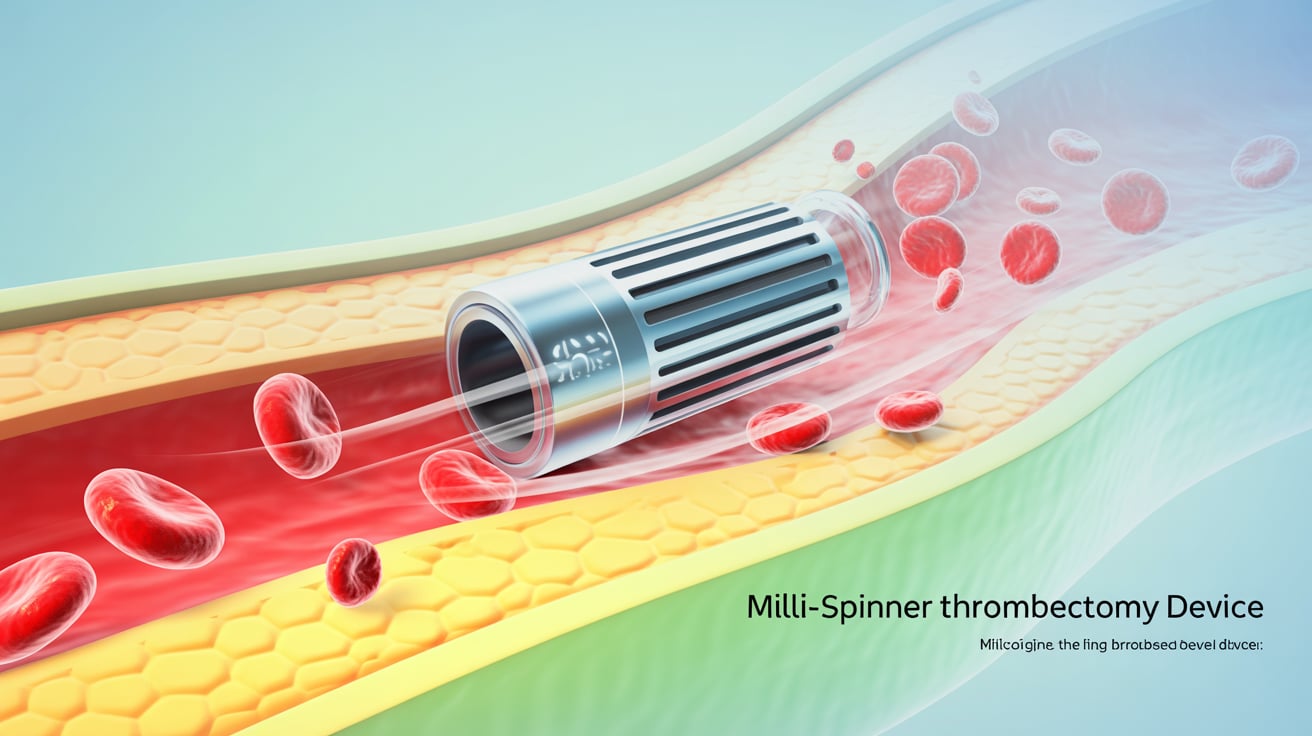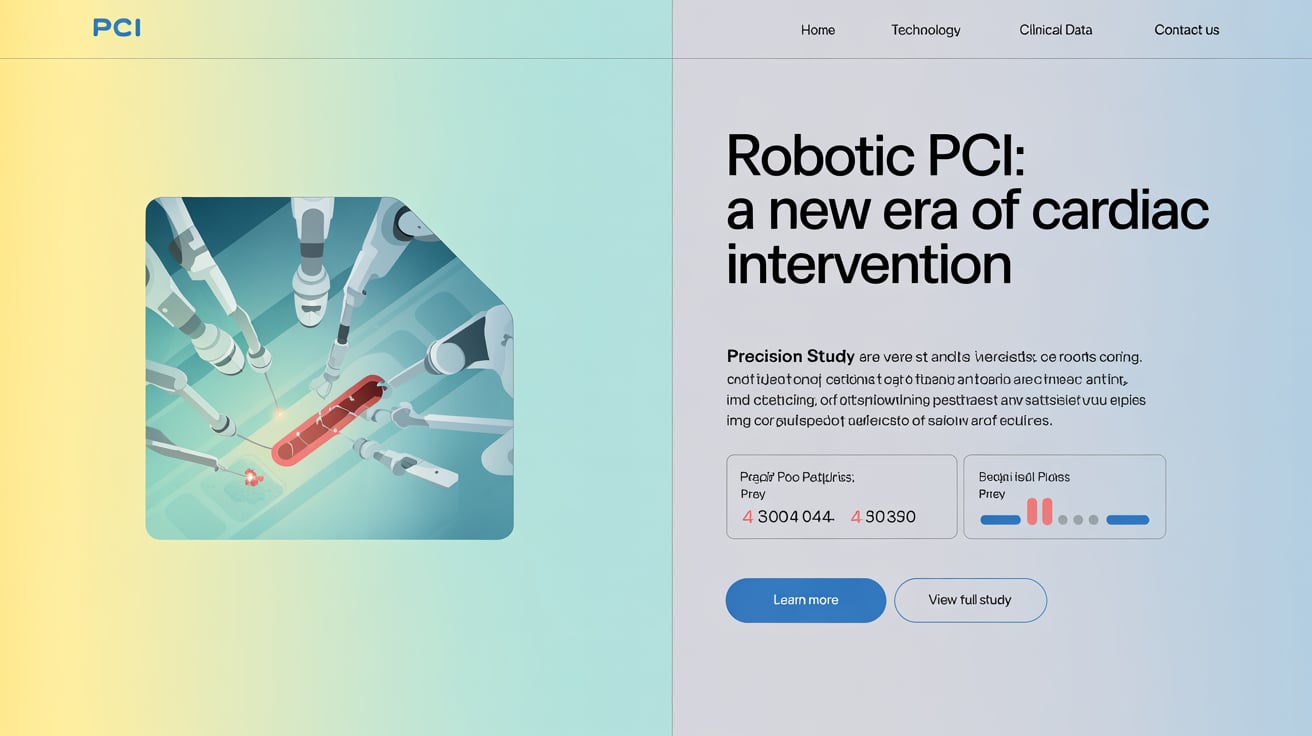A new study published in JAMA Cardiology reveals a significant link between food insecurity and a higher risk of developing cardiovascular disease (CVD) in young adults. The research emphasizes the impact of food insecurity on heart health and the need for targeted interventions.
The study analyzed data from over 3,500 Black and white Americans aged 18 to 30, participants in the long-running CARDIA study. Researchers tracked food insecurity status and CVD events, including coronary heart disease, stroke, and heart failure, over 18.8 years.
Key findings:
- 15% of participants experienced food insecurity, with a higher prevalence among Black individuals and those with lower education.
- 11% of food-insecure participants experienced a CVD event, compared to just 6% of those without food insecurity.
- Food insecurity was identified as a major factor contributing to increased CVD risk.
The study calls for the development of strategies to address food insecurity and its health implications, with an emphasis on incorporating food insecurity into CVD risk assessments.
Follow MEDWIRE.AI for more insights into cardiovascular health and related research.








